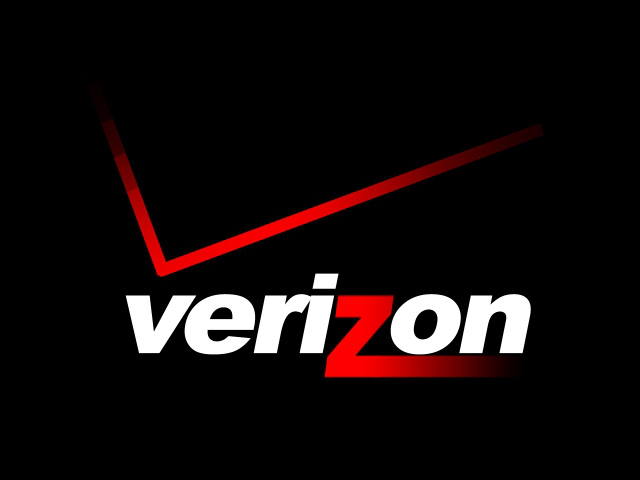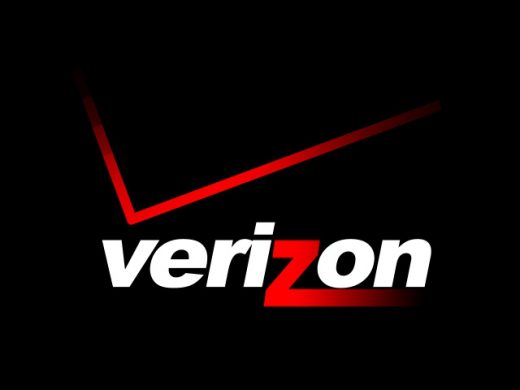Verizon Plans ‘Aggressive Path’ On Targeting
by Wendy Davis, Staff Writer @wendyndavis, January 6, 2017

Trade groups representing Internet service providers are doing their best to convince the Federal Communications Commission to repeal its new privacy rules.
But at least one provider said this week that the new regulations won’t prevent the company from moving forward with its plans for targeted ads.
“We believe we can successfully execute our plan and we are on an aggressive path to do that,” Verizon executive vice president Marni Walden said this week at an industry event.
The new rules, which took effect this week, prohibit Internet service providers from drawing on information about subscribers’ Web activity and app usage for ad targeting, without their opt-in consent.
The regulations only apply to companies that provide consumers with access to broadband, like Verizon and Comcast. Online publishers, search engines, social networks and other so-called “edge providers” aren’t required to follow the FCC rules. Instead, those companies generally adhere to an industry code that allows consumers to opt out of receiving targeted ads based on Web-surfing data. (The self-regulatory code also requires companies to seek opt-in consent from consumers before drawing on a narrow category of “sensitive” data, including financial account information, geolocation data and certain types of healthcare information.)
This week, Citigroup analyst Mike Rollins asked Walden whether the privacy regulations harmed Verizon by subjecting it to tougher standards than edge providers.
She answered that Verizon needs to obtain opt-in consent for “targeted one-to-one kind of advertising” — and that the situation is different for “others that we compete with.”
Nonetheless, she added, Verizon remains “on an aggressive path” to move forward with targeted ads.
Despite its stance now, Verizon lobbied heavily against the privacy rules last year. The company argued to the FCC that opt-in consent should only be required for “the most sensitive use cases.”
Walden also said this week that the company has moved more slowly than she wanted to bring Verizon data to AOL due to privacy concerns, but plans to accelerate the data-merging this year.
She said the company doesn’t want to “compromise the relationship we have with our consumer,” and will combine data “in a very responsible way.”
The company’s record on that point is questionable. Verizon recently came under fire for its use of a controversial technology that involved inserting unique tracking headers — 50-character alphanumeric strings — into all unencrypted traffic on the mobile network.
Last March, the FCC fined Verizon $1.35 million for using the tracking headers without fully disclosing them to consumers. The FCC also extracted promises from Verizon to obtain subscribers’ opt-in consent before sharing tracking headers with a third party for targeted ad purposes, to opt out of having headers inserted into mobile traffic, and to opt out of having the headers used for ad purposes by companies affiliated with Verizon.
MediaPost.com: Search Marketing Daily
(15)


